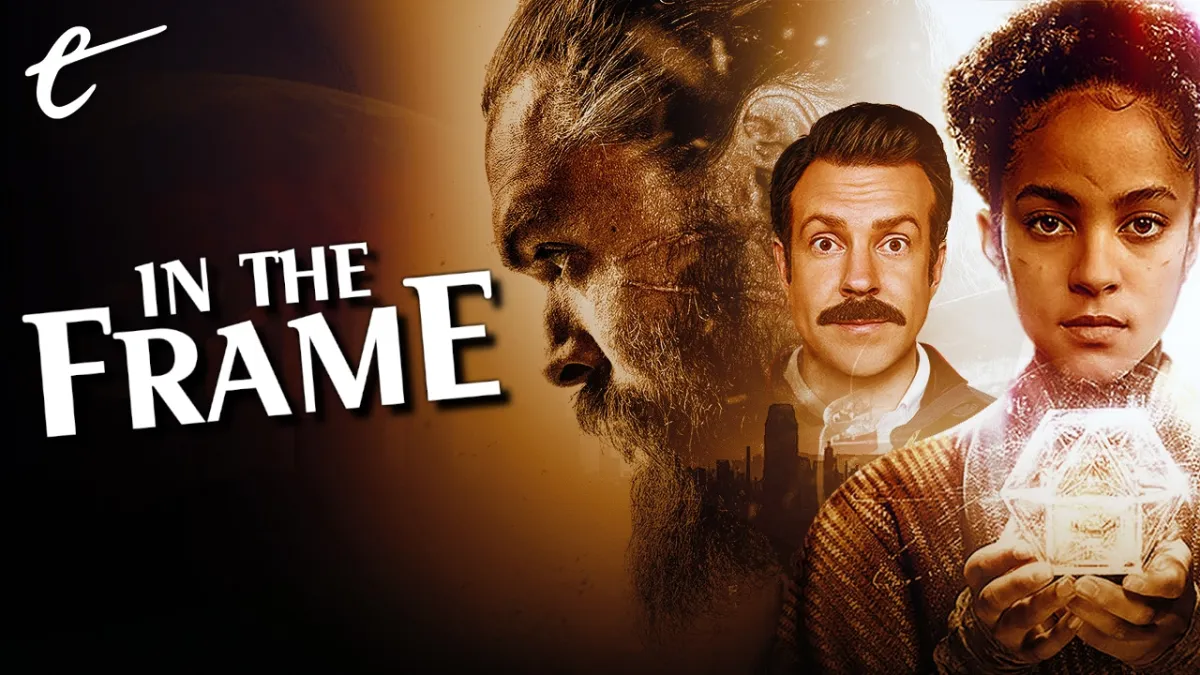In some ways, Apple TV+ is the runt of the major streaming litter.
The company reported fewer than 20 million subscribers in July 2021. This puts the company behind its major competitors — less than 10% of either the 208 million subscribers that Netflix reported in April 2021 or the comparable 200 million members that Amazon Prime reported that same month. It’s less than a fifth of the 103.6 million subscribers that Disney+ boasted in May 2021. It is even less than figures reported for smaller services like Hulu (38.8 million) or Paramount+ (36 million).
These figures are underwhelming, even before considering how many of those subscriptions might have been provided as perks with other purchases. To be fair, Apple TV+’s original content budget is reportedly smaller than that of either Netflix or Amazon Prime. In 2019, Apple was reported to have spent $6 billion on content, in contrast to Netflix’s spend of $15 billion or Amazon’s budget of $6.5 billion. Still, that’s a fairly significant under-performance from the tech company.
Apple TV+ has a number of disadvantages compared to many of its streaming rivals. It was a late entrant to the streaming wars, launching in November 2019, arriving significantly later than Netflix and Amazon Prime. Unlike Disney+, Paramount+, and HBO Max, Apple TV has no existing library of studio content from which it can draw. Unlike Netflix’s deals with studios like Sony, Apple TV+ has failed to establish relationships with services that might deepen its bench of content.

However, this isn’t just a legacy issue. Apple TV+ suffers from a lack of established brands in an era where intellectual property is king. Disney+ subscriptions appear to be driven by the streaming service’s ability to offer a steady supply of new Marvel and Star Wars content, properties familiar to mainstream audiences. Paramount+ is heavily reliant on its Star Trek brand, to the point of describing the slate as “always on.” HBO Max has material from the DC superhero brand.
As such, Apple TV+ faces an uphill struggle to craft its own identity in the streaming wars, particularly with evidence suggesting that viewers will only subscribe to a finite number of streaming services and indications that the market might have already reached saturation. In an era where streaming television is increasingly about event programming, Apple TV+ doesn’t have anything comparable to The Lord of the Rings: The Rings of Power lined up.
Foundation is perhaps the exception that proves the rule. An adaptation of Isaac Asimov’s science fiction classic, Foundation was a fairly conventional streaming service play, comparable to something like The Wheel of Time on Amazon Prime Video. It was a lavish production of an existing property with an established fandom outside of the service. It reportedly cost $45 million, and a second season has been commissioned. However, it hasn’t yet broken out as one might expect.
And yet there’s something undeniably charming about Apple TV+, in large part because of the kind of programming that it has had to produce while working with these handicaps. Apple TV+ is a reservoir of largely original shows, which are eclectic and interesting. Not every television show on Apple TV+ is a work of creative genius, but the streaming service has produced a lineup that feels impressively diverse and creatively adventurous.

Notably, Apple TV+ has managed to create a number of organic breakout hits that have not only attracted new viewers, but have broken into the mainstream. Ted Lasso managed to grow its audience so significantly in the gap between seasons that it picked up a record-breaking 20 Emmy nominations for its first season. Perhaps the keenest measure of the slow-burn success of the first season is that the sophomore season prompted something of a backlash.
Many Apple TV+ shows have attracted enthusiastic fandoms by leaning in. The Morning Show premiered to mixed reviews, but its second season garnered praise for taking the “freeway to Crazy Town” and embracing its status as “a camp masterpiece.” While it initially appeared to be a standard workplace comedy, Mythic Quest has become one of television’s most poignant studies of the creative process. And it seems like audiences are slowly catching up to For All Mankind.
Looking at the streaming service’s lineup, there’s no real sense of obligation underpinning its shows. Nothing feels like it exists entirely because the algorithm determined that a particular set of elements might attract a key potential audience segment. Instead, looking at the streaming service’s original programming, it feels like pretty much every major series exists because somebody somewhere at some point fought hard for it.
How else to explain something like See? It is the kind of show that no focus group or market research company could dare imagine. It is a show from Steven Knight, the creator of shows like Who Wants to Be a Millionaire? and Peaky Blinders and the writer and director of movies like Locke and Serenity. One might generously describe Knight’s track record as scattershot, but his work is very distinctively his own, because there’s nothing else quite like it.

See is essentially a dystopian science fiction show based around the cliché about the one-eyed man in the land of the blind. In a world where mankind has lost the sense of sight, and where society has evolved around that reality, Jason Momoa plays a tribal chieftain named Baba Voss. Voss finds himself tasked with protecting two children born with the power to see. It’s bonkers, and that’s before getting into a cast that includes Dave Bautista, Sylvia Hoeks, and Alfre Woodard.
There’s an infectious energy to a lot of these Apple TV+ originals, a sense that anything goes. It carries over to smaller and more personal projects. Mr. Corman was a comedy-drama series about a San Fernando Valley public school teacher that was created by, written by, directed by, and starring Joseph Gordon-Levitt. Alena Smith’s Dickinson ran for three seasons, starring Hailee Steinfeld in a charming and quirky reimagining of the life of poet Emily Dickinson.
To be clear, the approach doesn’t universally work. While many of these projects might attract a committed core audience, they seem as likely to alienate other viewers. Shows like See, Mr. Corman, and Dickinson are each either very much your thing or very much not your thing. However, in an era where a lot of streaming content is lacking a strong and distinctive identity, there’s something refreshing in the extent to which all of the Apple TV+ originals feel unique.
Severance premieres on the service this coming Friday. Written by Mohamad el Masri and Dan Erickson, and directed by Ben Stiller and Aoife McArdle, Severance is a paranoid high-concept science fiction show starring Adam Scott, Patricia Arquette, Christopher Walken, and John Turturro. The show imagines a world where employees can “sever” their memories to create a separate work self that retains no identity outside the office, essentially segmenting themselves. Neither self shares awareness with the other.

It’s a very distinctive series, with a very strong visual identity and a very heightened tone. It evokes the 1970s retro-futurism of something like Ben Wheatley’s High-Rise, with symmetrical framing and disorienting composition that recalls films like Stanley Kubrick’s 2001: A Space Odyssey or A Clockwork Orange. It is undeniably weird. It’s also quite brilliant. It’s disorienting and alienating, but also clever and playful. There’s nothing quite like it, even in this saturated streaming age.
In short, Severance is the quintessential Apple TV+ show. It is a project that is hard to align with any grander corporate synergy and that isn’t tied to any established brand. It seems to exist because the people working on it had an idea and managed to convince the service to give them the budget and resources to realize that idea. With luck, the show might catch on and attract an audience drawn to its eccentricities. It’s not a show that would fit on any other major streaming service.
Perhaps that’s justification enough for Apple TV+.






Published: Feb 14, 2022 11:00 am